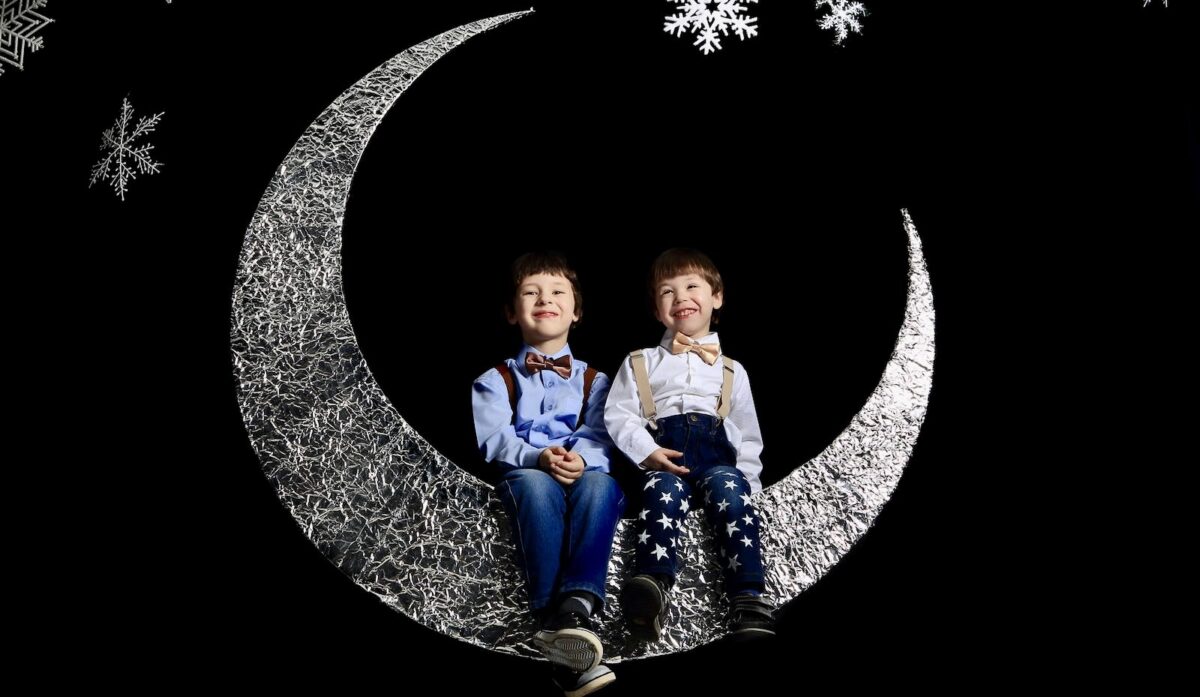Genetic hair loss is also known as androgenetic alopecia. In this type of hair loss, androgens particularly Dihydrotestosterone (DHT) play a huge role in hair loss together with ones genes. These genes can be inherited from either side of the family; both from the mother’s and father’s side of the family and the greater the number of family members affected, greater the risk of developing genetic hair loss.
Do other factors like the environment play a role in genetic hair loss?
Environmental factors like stress, diet, smoking do play a role in genetic hair loss BUT for androgenetic hair loss in men particularly, the role of GENES is extremely relevant and the role of the environment is much less so.
The evidence for this was shown in an important study done in 1992 known as the Hayakawa study of Identical twins. This was a study of 135 identical twins in Japan and it looked at the proportion of twins who had a striking difference in their hair many years in the future. These twins lived apart for many years in different areas, had different eating habits and different lifestyles, therefore if there were to be environmental factors at play, then one can expect that one of the identical twin’s hair/scalp would look different years apart.
What was discovered when the investigators looked at the twins many years apart, was that there was no twin pair who had a sticking difference in hair on the scalp between them. This meant that they looked the same.
The exact figures were that 0% of twin pairs had a ‘striking difference‘ between them, whereas 92% has ‘no difference’ between them. Only 8% had a ‘slight difference’ between them.
This tells us that, as 8% had a slight difference, there is some role that environmental factors that play in genetic hair loss (male balding process) but it is a minor role. Therefore a holistic approach in changing ones lifestyle, diet, reducing stress does play a role in improving health BUT we cannot ignore the importance of genetics in male pattern balding.
This will impact on the decisions that a hair loss specialist should and would make in treatment options for male pattern balding.

